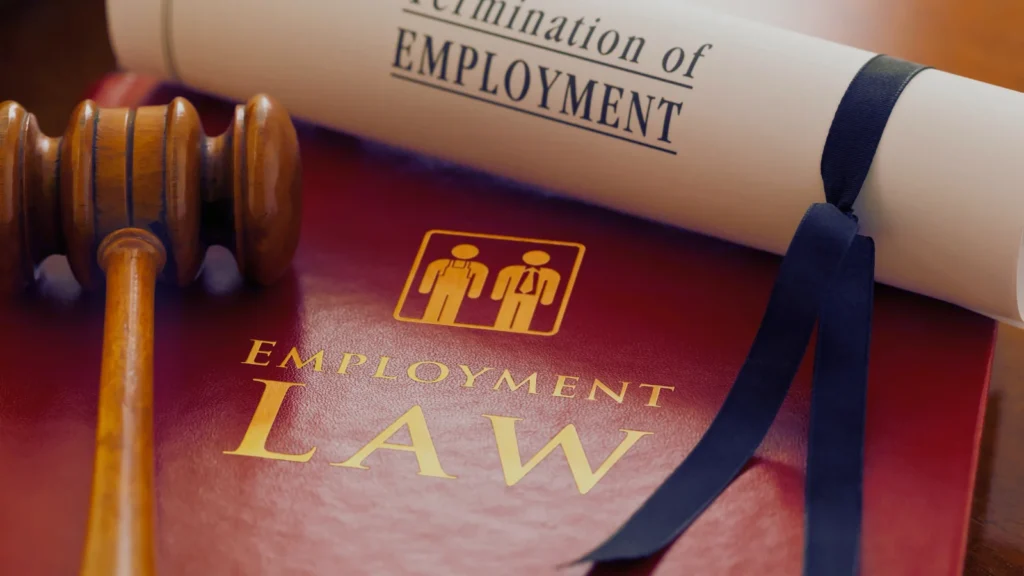Indian Constitution often hailed as a beacon of justice, harbours biased laws in India that exploit loopholes and perpetuate inequities. From the Indian legal system loopholes enabling misuse to controversial laws in India favouring select groups, these blind spots reveal discriminatory laws in India.
Law students must critically examine them to demand reforms for true justice. Let’s discuss the four Indian laws which might seem fair but are biased.
When Divorce Becomes a Punishment: Exposing Loopholes in India’s Matrimonial Laws

The Indian legal system loopholes have turned divorce proceedings into a weapon, punishing men instead of delivering justice. What started as protective measures for women now includes controversial laws in India, like Section 498A of the IPC, which penalises “cruelty” but is frequently misused for personal vendetta. Men are trapped in drawn-out litigation, battling vague allegations without recourse, while their finances and dignity crumble.
These biased laws in India burden men with excessive alimony and “lifetime maintenance” even when their earnings are minimal or unstable. The absence of penalties for false accusations, combined with endless court delays, allows women to exploit the system. Such discriminatory laws in India strip men of their rights, leaving them powerless in a process designed to protect them.
Reforms are urgently needed—time-bound resolutions, penalties for misuse, and equitable maintenance laws—to close these loopholes and ensure justice serves all, not just one side.
The POSH Act’s Bias: Excluding Political Parties from Workplace Harassment Laws

The POSH Act, a cornerstone for safeguarding women at workplaces, reveals its inherent bias when excluding political parties. Despite being vital to gender equality, its narrow definition of “workplace” creates a loophole within the Indian legal system, allowing harassment in political settings to remain unaddressed. Political parties, where women often work in informal or unpaid roles, remain unaccountable for fostering safe environments.
The absence of an employer-employee relationship in political structures serves as a weak excuse. Activists rightly argue that disciplinary committees within parties already handle misconduct—adapting them for harassment grievances is not impossible. Yet, the law’s technical limitations favour politicians over victims, highlighting the discriminatory nature of Indian laws.
The Supreme Court’s directive to approach the Election Commission reflects systemic reluctance to confront powerful entities. Women’s safety cannot remain a symbolic promise while political parties escape accountability. Such biased laws in India contradict their spirit, perpetuating injustice under the guise of legal technicalities.
The Waqf Act: A Facade of Fairness Masking Systemic Bias

The Waqf Act of 1995 appears to uphold principles of fairness and equity by providing a structured legal framework for managing religious endowments. It acknowledges the sanctity of waqf—properties irrevocably dedicated for charitable or religious purposes under Islamic law—and ensures oversight through Waqf Boards. However, beneath its seemingly neutral provisions, the Act has been criticised for creating biased laws in India that are vulnerable to exploitation.
One major issue lies in Indian legal system loopholes, where Waqf properties often lack comprehensive documentation due to their centuries-old existence. This ambiguity has led to encroachments, disputes, and litigation, exposing the fragility of protection under the Act. Moreover, the inconsistent enforcement of Waqf laws compared to other religious endowments reflects systemic inequity, raising concerns about discriminatory laws in India.
The Waqf system, which contributes significantly to community welfare, remains entangled in political and bureaucratic hurdles. Critics argue that Waqf Boards have been mired in mismanagement and inefficiency, while others highlight external pressures and systemic neglect as key impediments to reform.
The recently proposed Waqf Amendment Bill, 2024, however, has intensified this debate. While the government claims it will enhance accountability and transparency, provisions such as allowing non-Muslim members on Waqf Boards and removing “waqf by user” have been flagged as controversial laws in India.
These changes risk eroding the autonomy of Waqf governance and undermining protections enshrined under Article 26 of the Constitution. As the nation grapples with balancing reform and minority rights, the amendments call for a deeper, more inclusive dialogue to address both governance inefficiencies and concerns of systemic bias.
Indian Labour Laws: A Legacy of Bias and Loopholes

Indian labour laws, while intended to protect workers, expose biased laws in India that favour formal sector employees, leaving unorganised and gig workers in a legal vacuum. The Indian legal system loopholes exclude millions from fair wages, social security, and employment benefits. Outdated legislations, like the Industrial Disputes Act of 1947, disproportionately shield permanent workers while contract labourers endure exploitation with minimal legal safeguards.
Laws such as the Minimum Wages Act fail to account for modern economic disparities, perpetuating a system where informal workers remain invisible to justice. Maternity benefits are lauded but no parallel protection exists for male or adoptive caregivers, reflecting entrenched gender biases.
Meanwhile, weak enforcement mechanisms allow employers to bypass compliance, leaving workers bereft of legal recourse. A reformation is imperative to bridge these loopholes and establish equitable labour justice that values all contributors to India’s economic growth.
Conclusion
Understanding biased laws in India and the Indian legal system loopholes is essential for aspiring legal professionals. These discriminatory laws in India and controversial laws in India demand reform to ensure fairness for all.
Law students must take the lead—study, debate, and advocate for equitable legal solutions. Be the voice for justice!
Read Also – Why Most Law Students Fail To Pass All India Bar Exam: Mistakes To Avoid
Top Emerging Careers for Commerce Graduates in 2025





